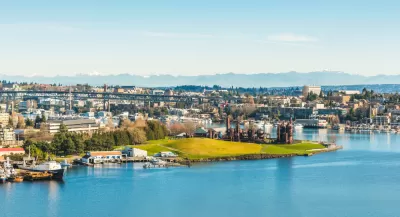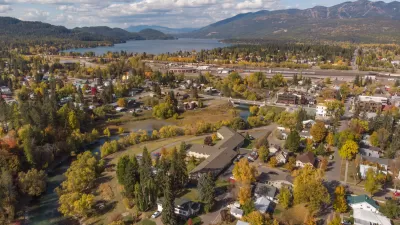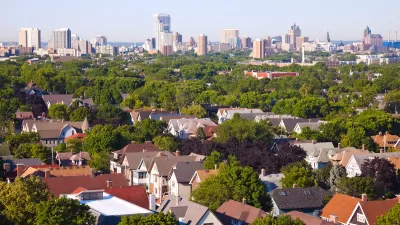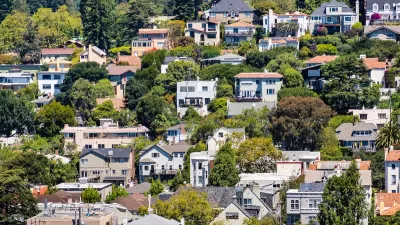Permits for accessory dwelling units jumped by 250 percent between 2019 and 2022.

Since Seattle started permitting accessory dwelling units (ADUs) in 2019, the city has seen a surge in applications for backyard cottages and other ADUs. According to an article by Daniel Beekman in The Seattle Times, “Almost 1,000 ADUs were permitted last year, up from 280 in 2019.”
That number comes from a report evaluating the success of the city’s ADU policy that could serve as evidence for state legislators, who are considering loosening regulations on ADUs and other mid-density housing types statewide. “House Bill 1337 would remove many barriers to ADUs, while Senate Bill 5235 would also remove some. House Bill 1110 would allow duplexes, fourplexes and sixplexes in more areas.” As Beekman explains, “Proponents of those bills can point to ADUs in Seattle as proof of policy decisions boosting a city’s housing supply with diverse choices in popular areas, while skeptics may question how affordable some of the new choices are — or simply object to density in their neighborhoods.”
Washington needs to add 55,000 housing units in the next two decades to meet demand, and proponents of ADUs say they are an effective and affordable option that maintains low density in neighborhoods while adding housing units and giving homeowners an opportunity to earn extra income.
The report notes that ADUs are being built in almost all parts of Seattle, including single-family zones that are otherwise resistant to new housing. “Many new ADUs are being developed in conjunction with new houses in three-unit packages that resemble town houses, the report notes.”
Not all ADUs become long-term housing, however. “The report estimates that 12% of ADUs in Seattle are currently licensed as short-term rentals like those advertised on Vrbo and Airbnb.”
FULL STORY: Seattle is now building more ADUs than single houses

Alabama: Trump Terminates Settlements for Black Communities Harmed By Raw Sewage
Trump deemed the landmark civil rights agreement “illegal DEI and environmental justice policy.”

Study: Maui’s Plan to Convert Vacation Rentals to Long-Term Housing Could Cause Nearly $1 Billion Economic Loss
The plan would reduce visitor accommodation by 25% resulting in 1,900 jobs lost.

Planetizen Federal Action Tracker
A weekly monitor of how Trump’s orders and actions are impacting planners and planning in America.

Wind Energy on the Rise Despite Federal Policy Reversal
The Trump administration is revoking federal support for renewable energy, but demand for new projects continues unabated.

Passengers Flock to Caltrain After Electrification
The new electric trains are running faster and more reliably, leading to strong ridership growth on the Bay Area rail system.

Texas Churches Rally Behind ‘Yes in God’s Back Yard’ Legislation
Religious leaders want the state to reduce zoning regulations to streamline leasing church-owned land to housing developers.
Urban Design for Planners 1: Software Tools
This six-course series explores essential urban design concepts using open source software and equips planners with the tools they need to participate fully in the urban design process.
Planning for Universal Design
Learn the tools for implementing Universal Design in planning regulations.
Caltrans
Smith Gee Studio
Institute for Housing and Urban Development Studies (IHS)
City of Grandview
Harvard GSD Executive Education
Toledo-Lucas County Plan Commissions
Salt Lake City
NYU Wagner Graduate School of Public Service





























